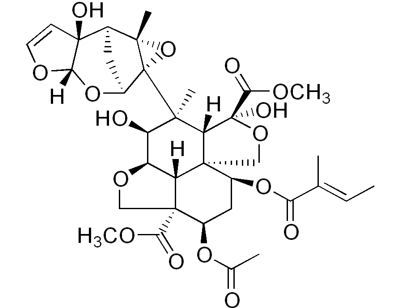- Printed Journal
- Indexed Journal
- Refereed Journal
- Peer Reviewed Journal

Journal of Pharmacognosy and Phytochemistry
Vol. 14, Issue 5 (2025)
A holistic overview of herbal and allopathic therapeutics of Acne Vulgaris
Aman Gupta, Shrisha Iyengar, Mrunali Late, Saloni Shetty, Mitali Rane and Yogeshwar Sharma
Acne is the most common skin disease that affects approximately 85% of teenagers and can persist into adulthood. Acne leads to both inflammatory and non- inflammatory lesions that may cause prolonged erythema, scarring and excess pigmentation. Acne vulgaris is a chronic inflammatory disease associated with significant cutaneous and physiological impact. It is characterized by papules, red skin, pimples, nodules, whiteheads, black heads. Propionibacterium acnes (now known as Cutibacterium acnes) is acknowledged as a pus - producing microbes that induce inflammatory response in acne. Conventional treatment includes drugs like retinoid, antibiotics but they show some side effects and resistance problems. Therefore present study aims to raise interest in herbal medicine as an integrative approach for treatment of acne. Herbal medicines, which utilizes natural extracts or plant extracts can be used as safer alternatives in comparison to synthetic medicine. The primary goal of herbal therapy is to provide a treatment that is effective, safe, and cost-effective for use. This review highlights the role of herbal medicines or herbal plants in treatment of acne. Various scientific databases were searched to identify plants with documented anti- acne activity.

Fig. 1: Azadirachtin
Pages: 200-205 | 787 Views 25 Downloads







